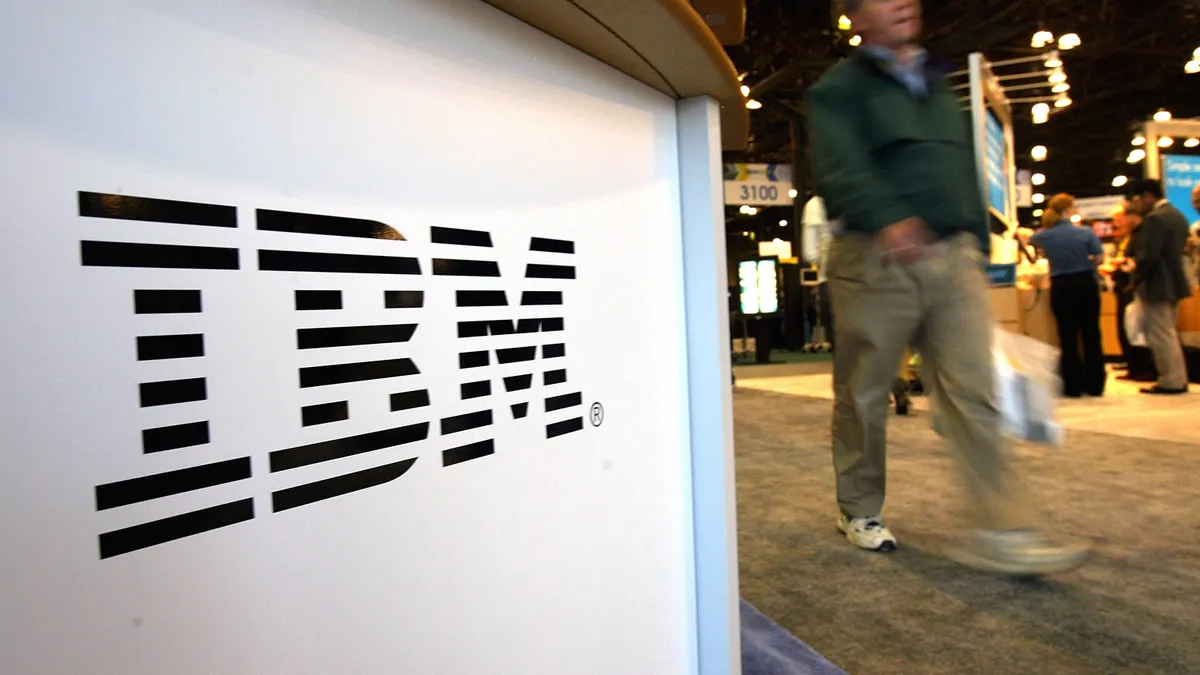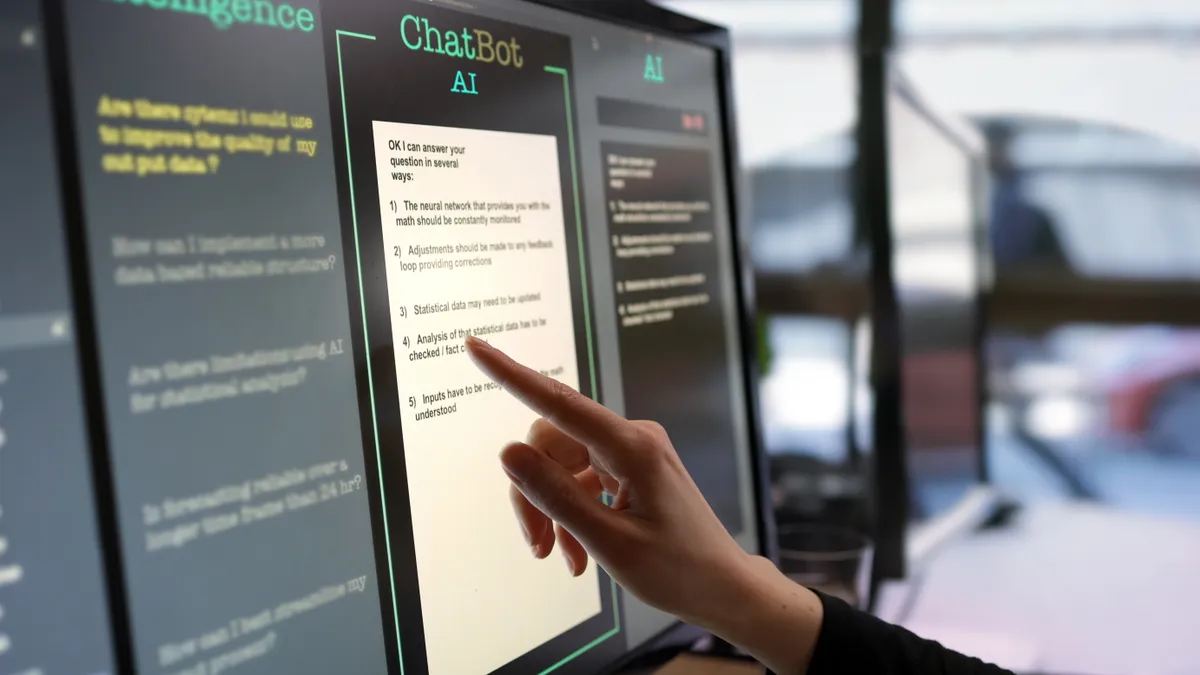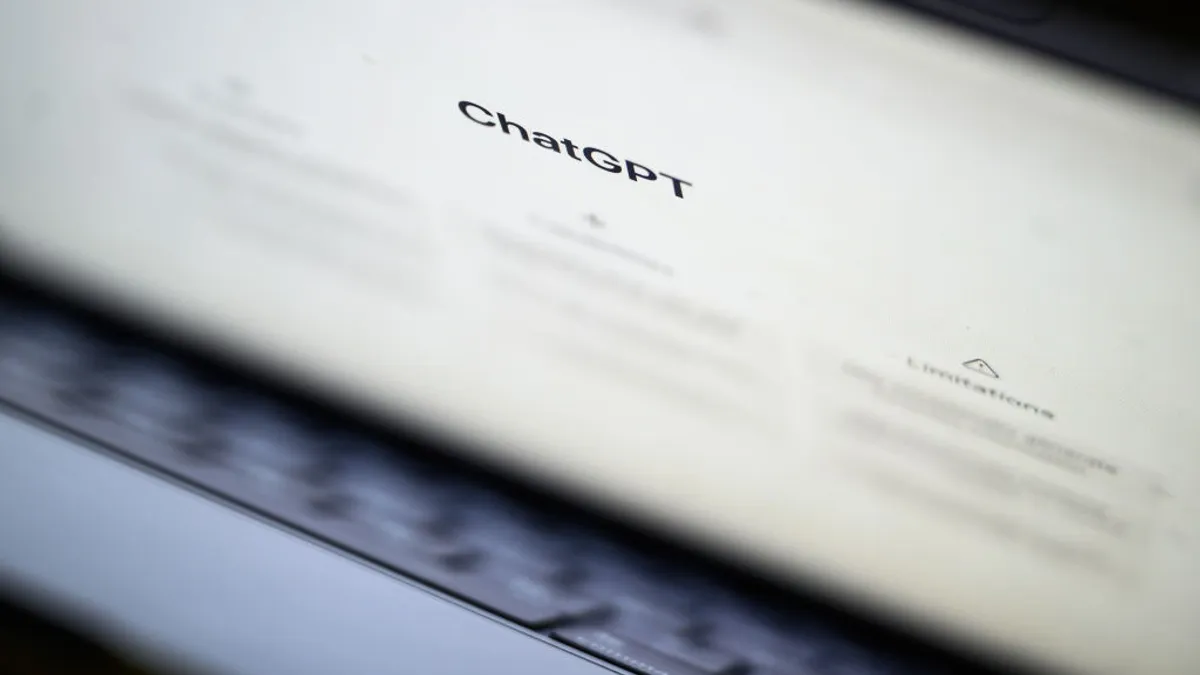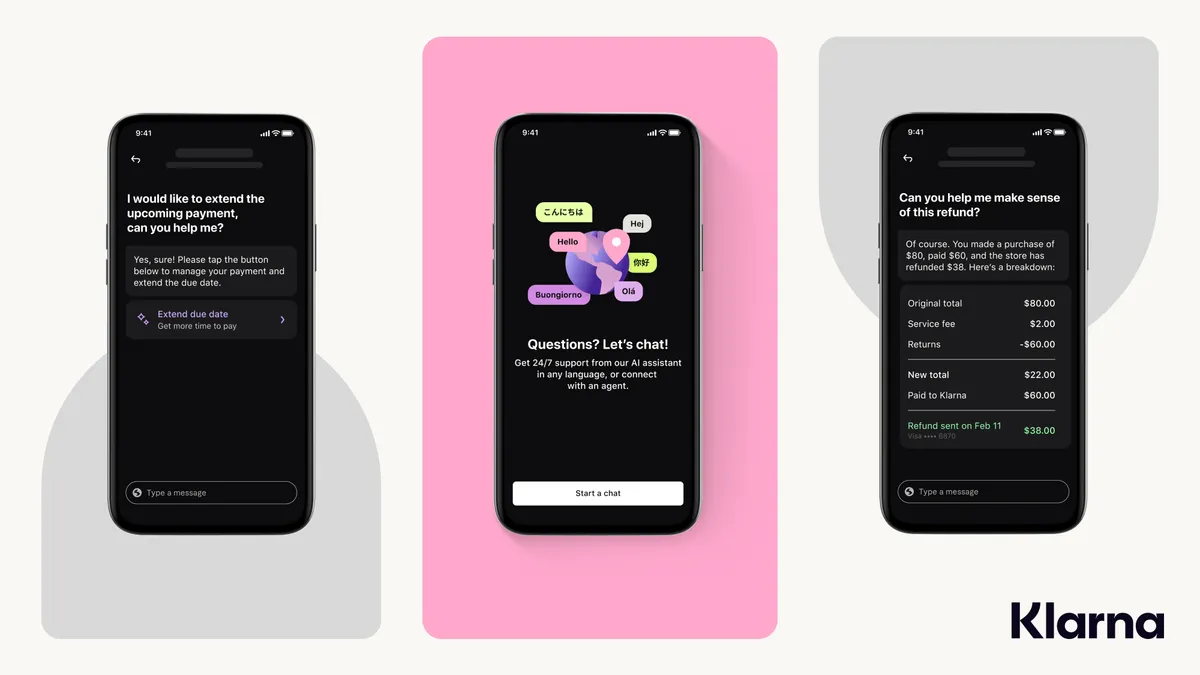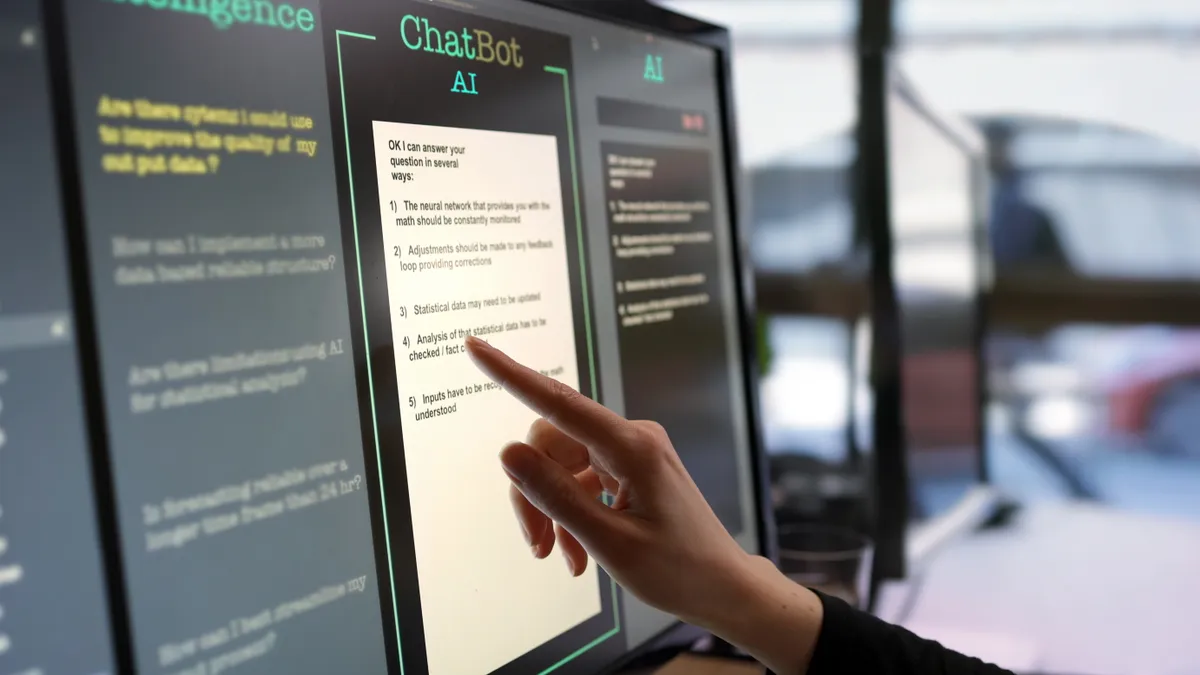Artificial intelligence tools that monitor employee behavior and productivity may actually decrease productivity and increase quit rates, according to recent Cornell research.
Such tools include, for example, AI that monitors whether customer service representatives are treating customers well or whether employees are slacking off. Individuals subjected to that type of monitoring in a study reported feeling a loss of autonomy and were more likely to engage in “resistance behaviors.” Similarly, those monitored during a brainstorming session generated fewer ideas.
On the other hand, study participants who were told that an AI tool would monitor their work and provide developmental feedback didn’t report a loss of autonomy or greater intention to quit.
Those findings suggest employers can gain employee buy-in for AI tools by communicating how the tools are there to assist, not judge.
“When artificial intelligence and other advanced technologies are implemented for developmental purposes, people like that they can learn from it and improve their performance,” said Emily Zitek, associate professor of organizational behavior in Cornell’s ILR School and the study’s co-author, in a statement. “The problem occurs when they feel like an evaluation is happening automatically, straight from the data, and they’re not able to contextualize it in any way.”








